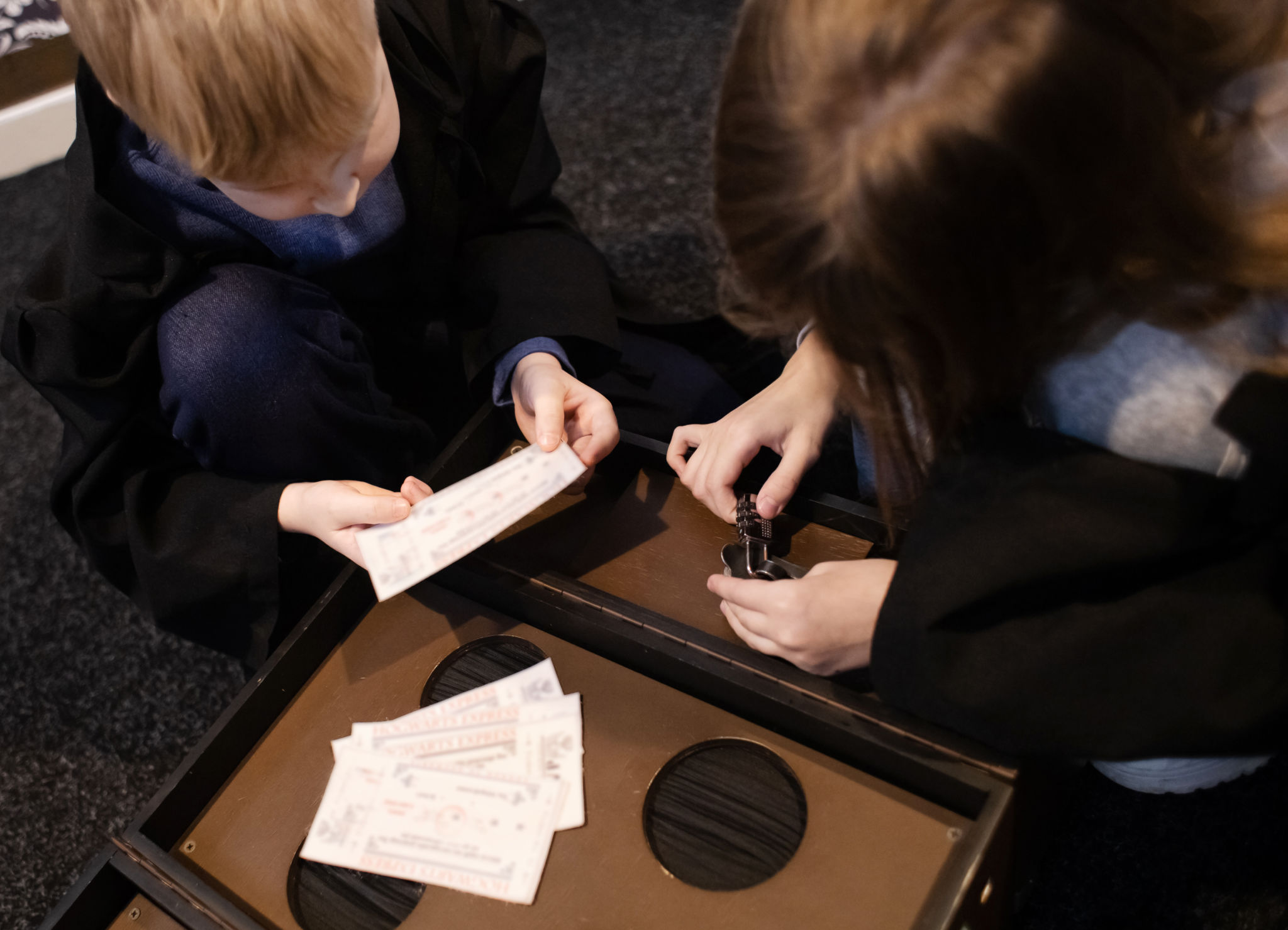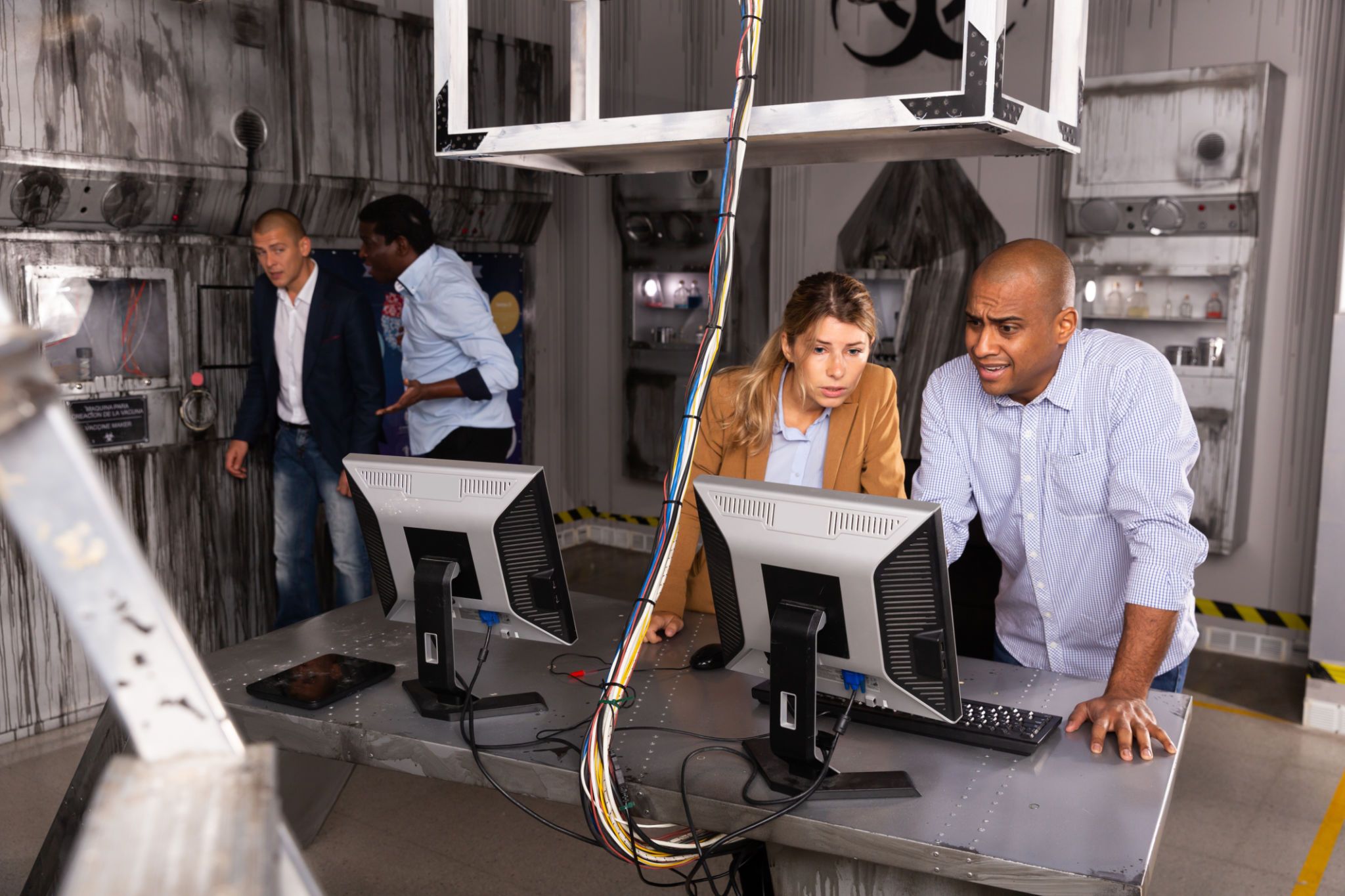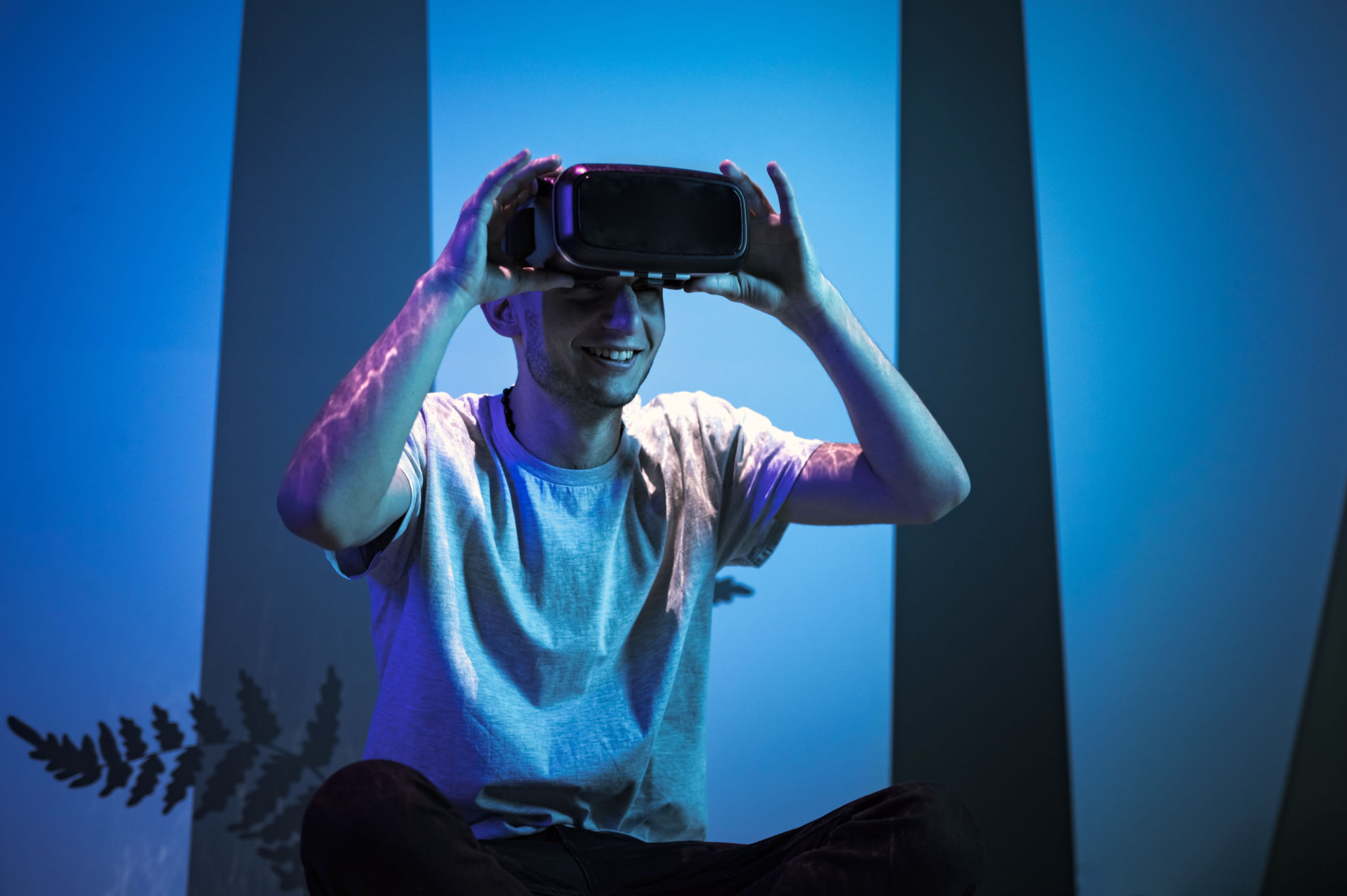The Evolution of Escape Rooms: From Mysteries to Adventures
The Origins of Escape Rooms
Escape rooms have become a global phenomenon, captivating people with their immersive and interactive experiences. The concept of escape rooms originated in the early 2000s, inspired by video games and mystery novels. These early versions were primarily focused on solving puzzles to unlock doors and escape from a locked room. The simplicity of the initial concept was the key to its widespread appeal.
Originally, escape rooms were heavily influenced by classic detective stories and mystery themes. Players were often cast in the role of detectives or spies, tasked with unraveling a complex plot filled with clues and riddles. This format provided a thrilling and cerebral challenge that quickly captured the imagination of participants worldwide.

From Mystery to Adventure
As the popularity of escape rooms grew, so did the variety of themes and storylines. The evolution from straightforward mysteries to more elaborate adventures marked a significant turning point in the industry. Today, escape rooms are no longer limited to the classic locked-room premise. Instead, they transport participants to different worlds, from ancient Egyptian tombs to futuristic space stations.
These new adventures often incorporate elements of role-playing and storytelling, offering participants a chance to fully immerse themselves in the narrative. This evolution has expanded the appeal of escape rooms beyond puzzle enthusiasts to include fans of live-action role-playing games and interactive theater.

Technological Advancements
One of the most significant factors in the evolution of escape rooms is the integration of technology. Modern escape rooms often feature high-tech gadgets, augmented reality, and interactive props that enhance the overall experience. These technological advancements allow for more intricate puzzles and dynamic environments, pushing the boundaries of what an escape room can be.
For instance, many escape rooms now use digital locks, sensors, and multimedia elements to create a seamless and engaging experience. This integration not only elevates the level of challenge but also adds layers of excitement and surprise for participants.

The Rise of Themed Experiences
Themed experiences have taken center stage in the evolution of escape rooms. As creators strive to outdo each other, themes have become more complex and story-driven. Some popular themes include post-apocalyptic survival, haunted houses, and historical reenactments. These immersive settings provide players with a unique opportunity to step into a different world and experience a storyline firsthand.
The rise of themed experiences has also led to collaborations with popular franchises, such as movies and TV shows. These partnerships allow for officially licensed escape rooms that attract fans eager to engage with their favorite stories in a new way.
The Future of Escape Rooms
The future of escape rooms looks promising as they continue to evolve and innovate. With advancements in virtual reality and artificial intelligence on the horizon, the possibilities for creating even more immersive and interactive experiences are endless. These technologies could allow for personalized experiences where the game adapts to each player's actions and decisions.
Additionally, the trend towards mobile escape games and pop-up experiences is expanding the reach of escape rooms beyond traditional locations. This flexibility allows creators to bring the excitement of escape rooms to new audiences and venues, ensuring their continued popularity.

